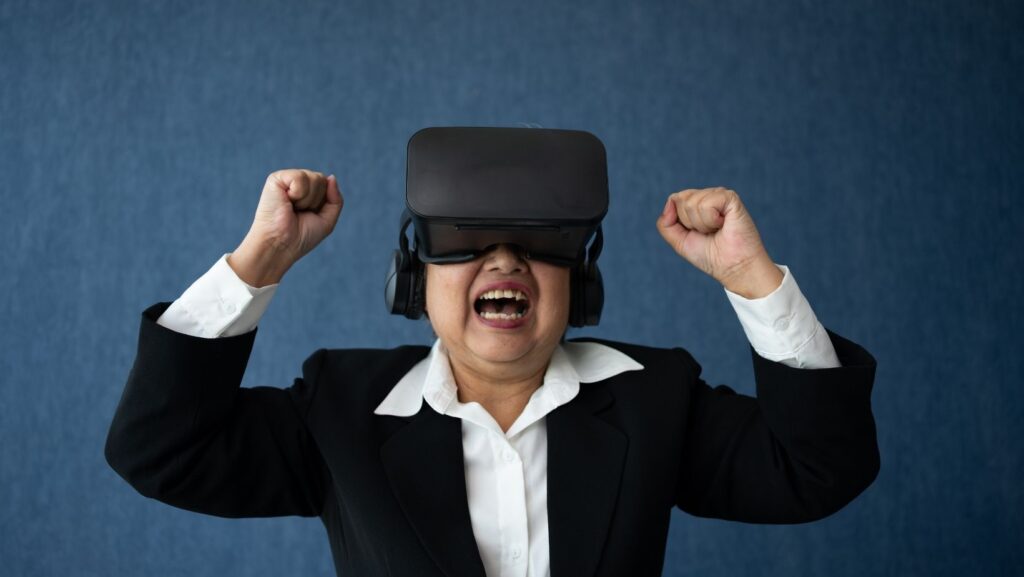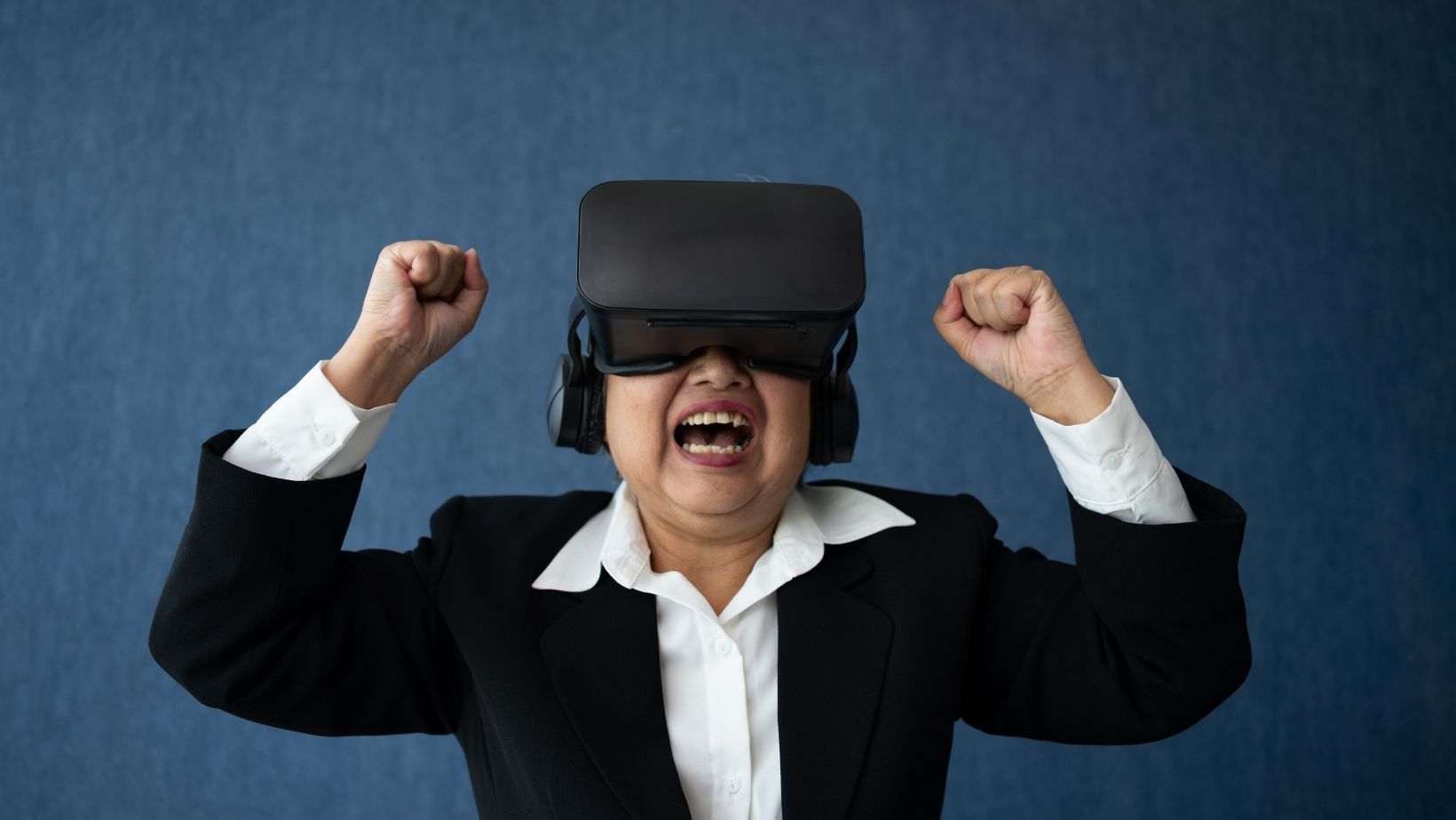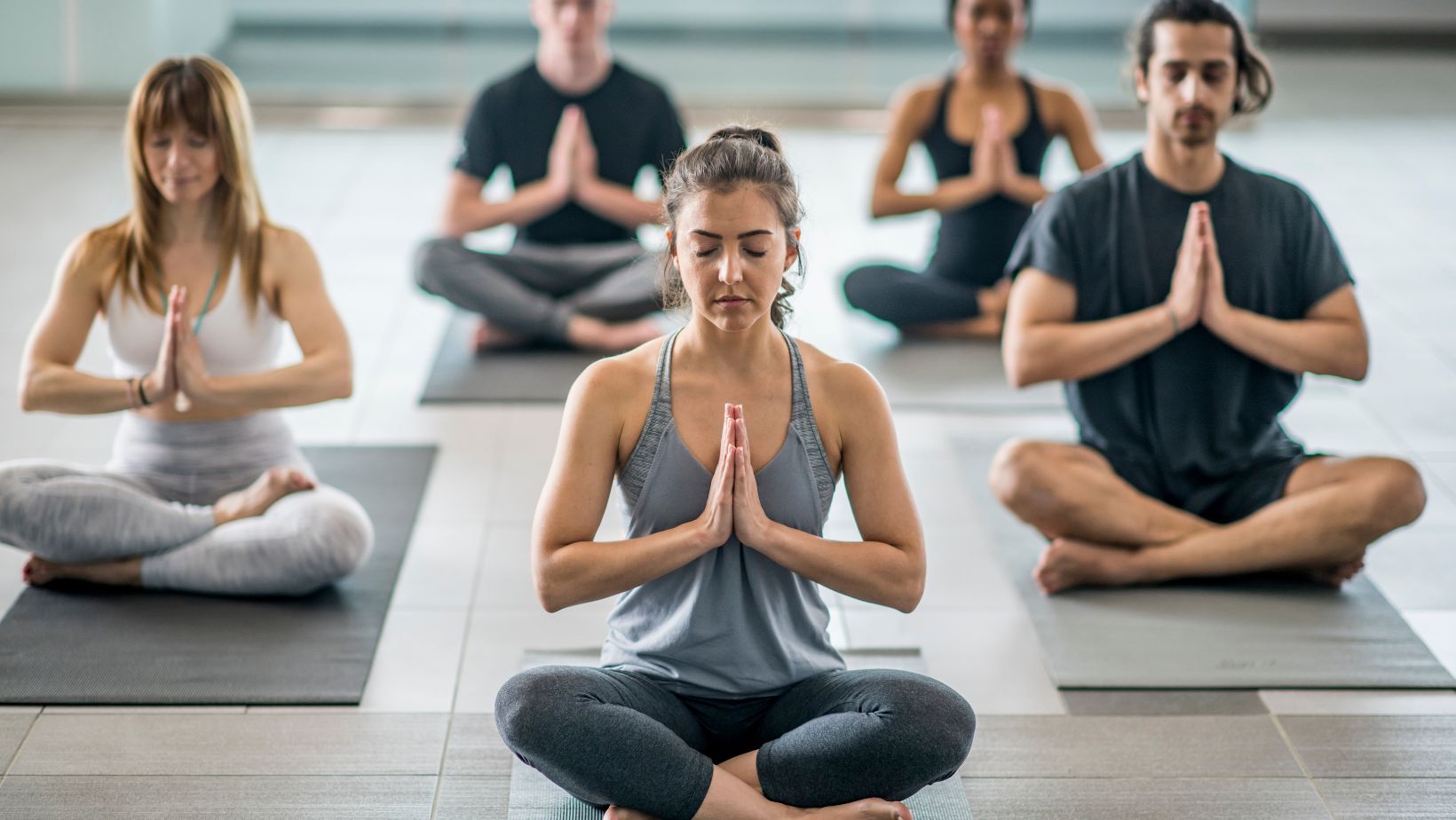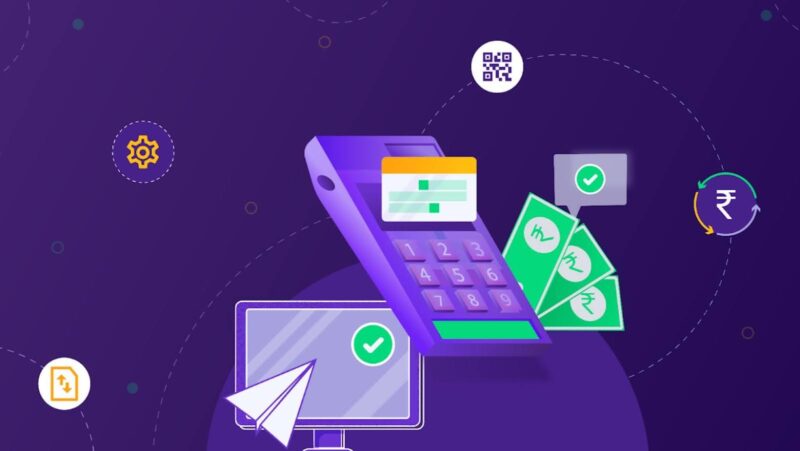
 In a world filled with screens, it’s easy to spend more time on digital entertainment than planned. Finding the right balance helps people enjoy their favorite activities without letting them take over daily life. Setting limits can make entertainment time more enjoyable and keep it from impacting other priorities. Research from Carnegie Mellon University’s Initiative for Digital Entertainment Analytics suggests that understanding the impact of technology on our habits can empower us to make better choices, leading to a healthier integration of entertainment into everyday life.
In a world filled with screens, it’s easy to spend more time on digital entertainment than planned. Finding the right balance helps people enjoy their favorite activities without letting them take over daily life. Setting limits can make entertainment time more enjoyable and keep it from impacting other priorities. Research from Carnegie Mellon University’s Initiative for Digital Entertainment Analytics suggests that understanding the impact of technology on our habits can empower us to make better choices, leading to a healthier integration of entertainment into everyday life.
Understanding Your Digital Entertainment Habits
Understanding your entertainment habits is essential for managing screen time effectively. By recognizing the types of content you engage with and your usage patterns, you can set realistic goals and shift toward more intentional, balanced screen use. This awareness helps make your screen time more purposeful and fulfilling.
Tracking Time Spent on Entertainment Apps
Using screen time tracking tools on phones or devices can help you see where your time goes. Popular options like Apple Screen Time and Google’s Digital Wellbeing make it easy to monitor app usage, giving you a clear picture of how much time you spend on entertainment.
Recognizing Your Peak Entertainment Times
Identifying the times of day when you’re most likely to use entertainment apps can help in setting limits. Look for patterns, such as evening gaming sessions or scrolling through social media before bed, to understand when you’re most engaged with screens.
Listing Favorite Apps or Websites
Creating a list of your most-used entertainment apps and websites is a simple way to understand your habits. Some common types to consider include:
- Streaming Services (e.g., Netflix, Hulu)
- Social Media Platforms (e.g., Instagram, TikTok)
- Gaming Apps (e.g., online games, casual gaming apps)
- News and Content Platforms (e.g., YouTube, Reddit)
This list highlights where you’re spending the most time, helping you decide which apps might need limits to create a balanced screen routine.
Setting Boundaries for a Balanced Digital Experience
Creating boundaries for digital entertainment helps you enjoy it while keeping screen time under control.
Creating Time Limits for Specific Apps
Setting daily or weekly time limits for individual apps can be a great way to enjoy them without feeling overwhelmed. Many devices, like smartphones and tablets, offer built-in time management tools that allow you to set and track these limits. With this approach, you can enjoy your favorite apps, such as social media or streaming services, in a balanced way that keeps entertainment enjoyable.
Scheduling Screen-Free Activities
Balancing screen time with non-digital activities can provide a healthier, more varied routine. Scheduling breaks away from screens—like reading a book, going for a walk, or spending time with friends—can refresh your mind and reduce screen fatigue. Non-digital activities help you reset and return to your devices with a clear mind, making each entertainment session feel new and engaging.
Diversifying Online Entertainment Choices
Keeping your digital entertainment varied can prevent you from spending too much time on any one type of content. Balance activities like watching videos, scrolling through social media, and online gaming. For some, casual options like sweepstakes casinos add a fun gaming experience, offering something different. Using SweepScatters resources can help you explore diverse gaming options, keeping your screen time varied and enjoyable. Having a mix of digital activities encourages balanced use, making all types of online entertainment more manageable and fulfilling.
Techniques for Staying Mindful While Online
Techniques for staying mindful online can greatly enhance your digital experience by helping you maintain a healthy balance. Simple practices like setting time limits, taking regular breaks, and being aware of your emotional responses to content can prevent overuse. Techniques such as deep breathing or quick mindfulness exercises before engaging in online activities can also ground you, allowing for more intentional screen use. By regularly checking in with yourself, you can ensure that your digital time remains enjoyable, purposeful, and aligned with your well-being goals.
Setting a Timer to Keep Track of Time
Using a timer can help create short, focused sessions, especially for activities like social media or gaming. Setting a limit—like 15 or 30 minutes—keeps entertainment enjoyable without letting time slip away.
Practicing the 20-20-20 Rule
The 20-20-20 rule is a simple way to reduce eye strain: every 20 minutes, look at something 20 feet away for 20 seconds. This practice gives your eyes a rest, keeping screen time comfortable.
Taking Short Breaks Regularly
Taking short breaks is essential for avoiding extended screen time. A quick pause between activities helps maintain a healthy routine, refreshing your mind and keeping digital entertainment enjoyable and balanced.
Using Technology to Help Manage Entertainment Time
Technology offers helpful tools to keep digital entertainment time under control and maintain a balanced routine.
Using Built-In Device Controls
Most devices come with built-in controls that allow you to limit entertainment time. Features like parental controls and app time limits make it easy to manage screen usage. Some common options include:
- App Time Limits: Set specific time restrictions on apps, so they turn off or alert you once time is up.
- Parental Controls: Useful for setting boundaries on shared devices, limiting entertainment access for all users.
- Screen Time Reports: These summaries help you track your daily and weekly usage, allowing you to adjust your habits as needed.
Using these built-in features can make it simpler to stick to a balanced schedule without extra effort.
Trying Apps Designed for Digital Wellbeing
Many apps are designed specifically for digital wellbeing, providing reminders and tools to manage screen time. These apps help track usage and encourage breaks, making it easier to enjoy digital entertainment in moderation.
Exploring Settings to Reduce Distractions
Using settings like “Do Not Disturb” can minimize notifications from entertainment apps, reducing distractions and helping you stay focused. This feature keeps you from getting sidetracked and lets you control when to check apps, keeping screen time intentional.
Building Healthy Entertainment Habits for the Long Run
Building long-term healthy entertainment habits means setting intentional boundaries around screen time, such as specific hours for online activities that don’t interfere with other priorities. Mix passive activities, like watching videos, with engaging ones to keep things interesting, and schedule offline activities like exercise to balance your routine. For additional insights, consider managing healthy technology use to ensure that digital entertainment remains a positive, balanced part of your day-to-day life. Over time, these mindful habits help digital entertainment remain enjoyable and balanced in your daily life.
Setting Clear Goals for Screen Time
Setting personal goals for daily screen time can help keep digital entertainment in check. For instance, aiming to keep entertainment time under two hours per day creates a healthy boundary that’s easy to track. Clear goals make it easier to manage and enjoy screen time without overuse.
Choosing Rewards for Meeting Limits
Rewarding yourself for staying within your set limits reinforces positive habits. Small rewards, like a favorite treat or extra relaxation time, can make it enjoyable to reach your screen time goals and encourage consistency.
Reviewing Progress and Adjusting Limits
Checking your progress every week or month helps you stay aware of your habits. Take time to see if your current limits are working or if adjustments are needed. This ongoing review keeps your digital entertainment habits healthy and flexible, allowing for a balanced approach over time.
Conclusion
Setting limits on digital entertainment brings balance and enhances daily life. Small changes, like setting time goals and taking regular breaks, can lead to healthier habits. With mindful choices, entertainment time becomes more enjoyable and fulfilling, fitting seamlessly into a balanced, enriching lifestyle.











